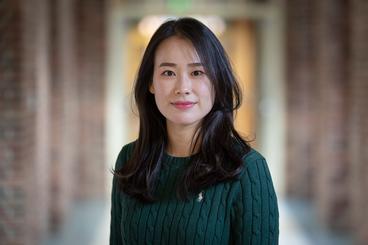PhD candidate, The Pennsylvania State University

Talk Title
Computational Issues Related to Zero-Inflated Conway—Maxwell—Poisson Regression Models
Abstract
Vaccination is widely acknowledged as one of the most effective tools for preventing disease. However, there has been a rise in parental refusal and delay of childhood vaccination in recent years in the United States. This trend undermines the maintenance of herd immunity and elevates the likelihood of outbreaks of vaccine-preventable diseases. Our aim is to identify demographic or socioeconomic characteristics associated with vaccine refusal, which could help public health professionals and medical providers develop interventions targeted to concerned parents. We examine US county-level vaccine refusal data for patients under five years of age collected on a monthly basis during the period 2012--2015. These data exhibit challenging features: zero inflation, spatial dependence, seasonal variation, and spatially-varying dispersion, for data observed on approximately 3,000 counties per month. We propose a flexible zero-inflated Conway--Maxwell--Poisson (ZICOMP) regression model that addresses these challenges. Because the ZICOMP model has an intractable normalizing function, Bayesian inference can be difficult. We propose a new hybrid Monte Carlo algorithm that permits efficient sampling, automatically selects a basis representation for the spatial process via reversible jump MCMC, and provides asymptotically exact approximations of the posterior distribution of the model parameters. We use our approach to learn about characteristics impacting vaccine refusal in the US.
Bio
I am a Ph.D. candidate in the Department of Statistics at the Pennsylvania State University. I am currently working with Dr. Murali Haran (Penn State) and Dr. John Hughes (Lehigh). My research is in the areas of statistical computing, Markov chain Monte Carlo algorithms, models for spatial and spatiotemporal data, and infectious disease modeling.